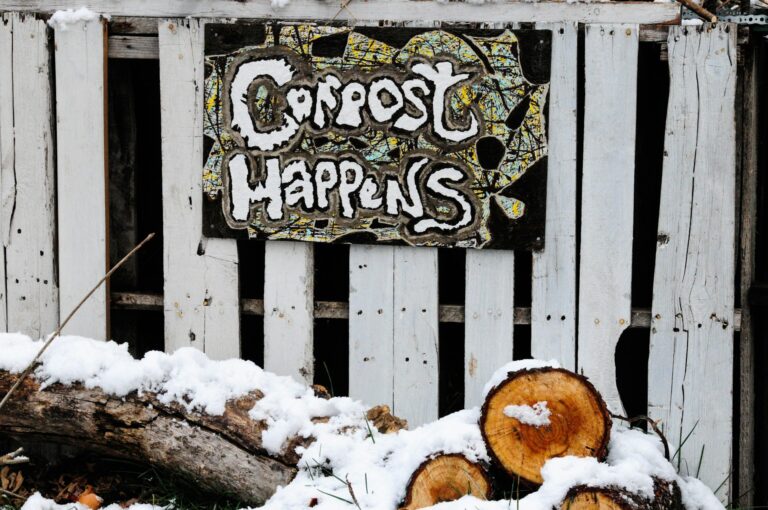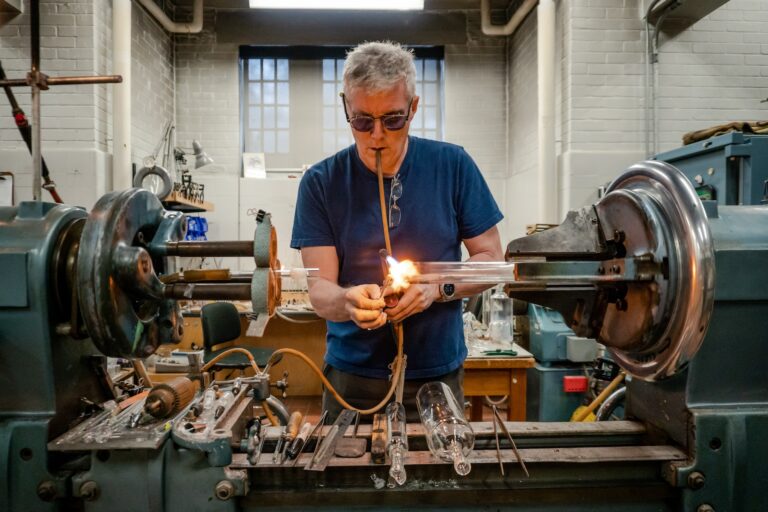Baby’s best friend? UBC researchers seek families for study on dogs and infants
Does having a pet dog in the home contribute to a baby’s healthy development?
Does having a pet dog in the home contribute to a baby’s healthy development?
That’s the question postdoctoral fellow Nicole Sugden and Professor Janet Werker in the UBC department of psychology are trying to answer—and they need your help. They are seeking families with infants to take part in new research examining how the presence of a dog in the home of an infant may contribute to enhanced language abilities in very young children.
In this Q&A, Sugden explains the purpose of the study, why the research is significant and how families can get involved.

Tell us about this study. What are you hoping to find out?
We’re hoping to find out how having a dog influences infants’ early development. Does having a family dog change infants’ brain response to language or boost their ability to understand an adult? We know that having a pet dog improves adult and children’s social understanding and even their health. No one has looked at how this may extend to babies, until now; that’s what makes this research special.
Why might dogs help babies develop language skills?
There are three reasons to think that dogs may help infants develop communication skills. First, seeing adults communicate with dogs—the way in which people interact with pet dogs is like how they interact with babies. Secondly, dogs can be very responsive social partners and babies are highly sensitive to interactive social partners. And thirdly, we have co-evolved with dogs for over 10,000 years. This special evolutionary relationship with dogs suggests that we, they, or both of us may have evolved to benefit each other.
How are you conducting this study?
Infants participate in two fun tasks at the UBC Infant Studies Centre. The first uses near-infrared spectroscopy (NIRS) to see whether infants with and without pet dogs show a more flexible brain response to human speech and dog barks. NIRS is a fun little stretchy cap that uses LED lights to measure brain activity. Infants also participate in a toy-play task where we point or gaze at toys to see if infants follow the point or gaze cue. We expect babies with dogs will show a more flexible brain response and more point and gaze following. After the study, all babies receive an honorary UBC degree certificate (a Bachelor’s in Infant Science!) as well as a little infant scientist t-shirt.

Who is eligible take part?
Interested families with infants between two and six months of age are invited to participate. Both families with and without pet dogs are eligible. We typically schedule a one-hour appointment at our centre on the UBC campus. Although the tasks themselves only take about 15 and three minutes respectively, we always allow extra time for parents to chat with the researcher, fill out some paperwork and to meet any of the baby’s needs during the visit. Parents interested in taking part can sign up online here or contact us directly by phone at 604-822-6408 or by email at infants@psych.ubc.ca
The study is funded by a grant from PetSmart Charities of Canada, which supports research on animal welfare and the human-animal bond.



